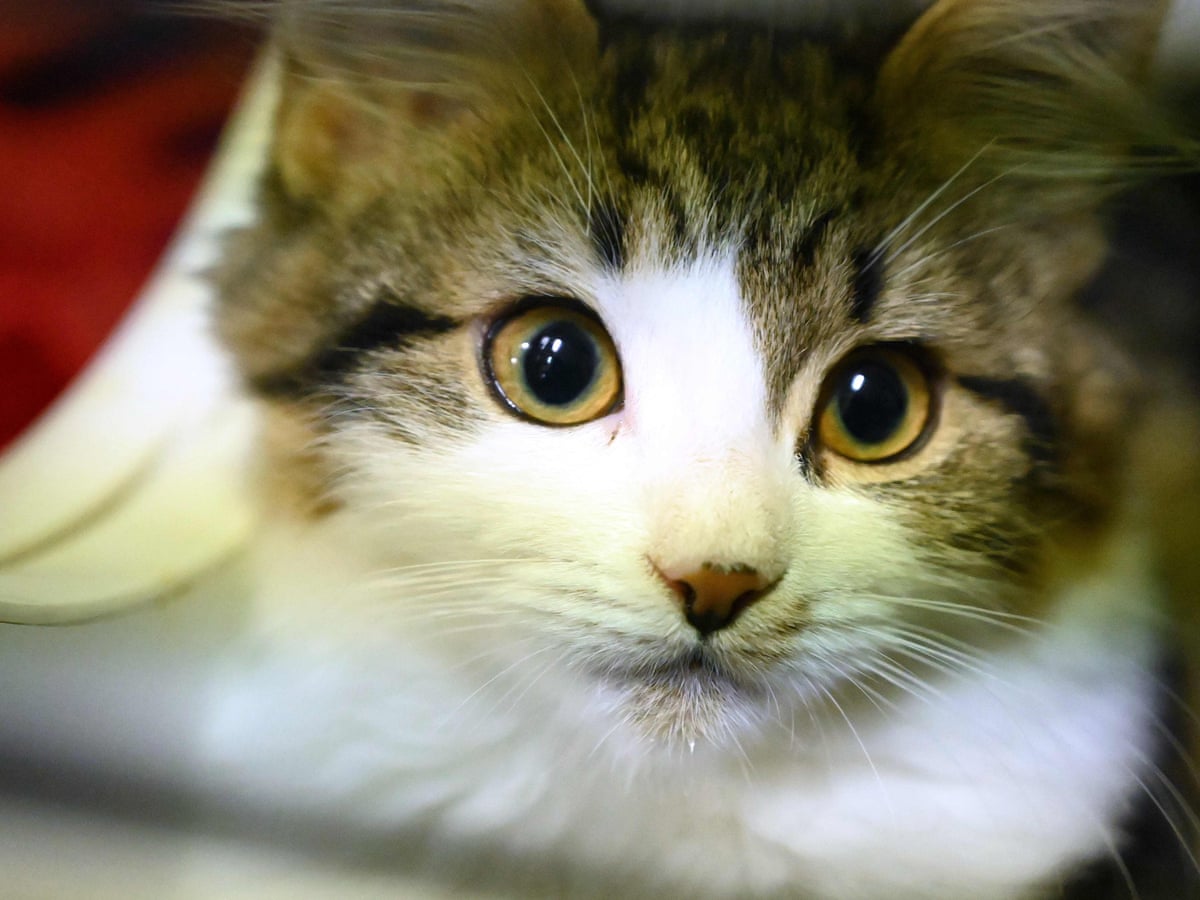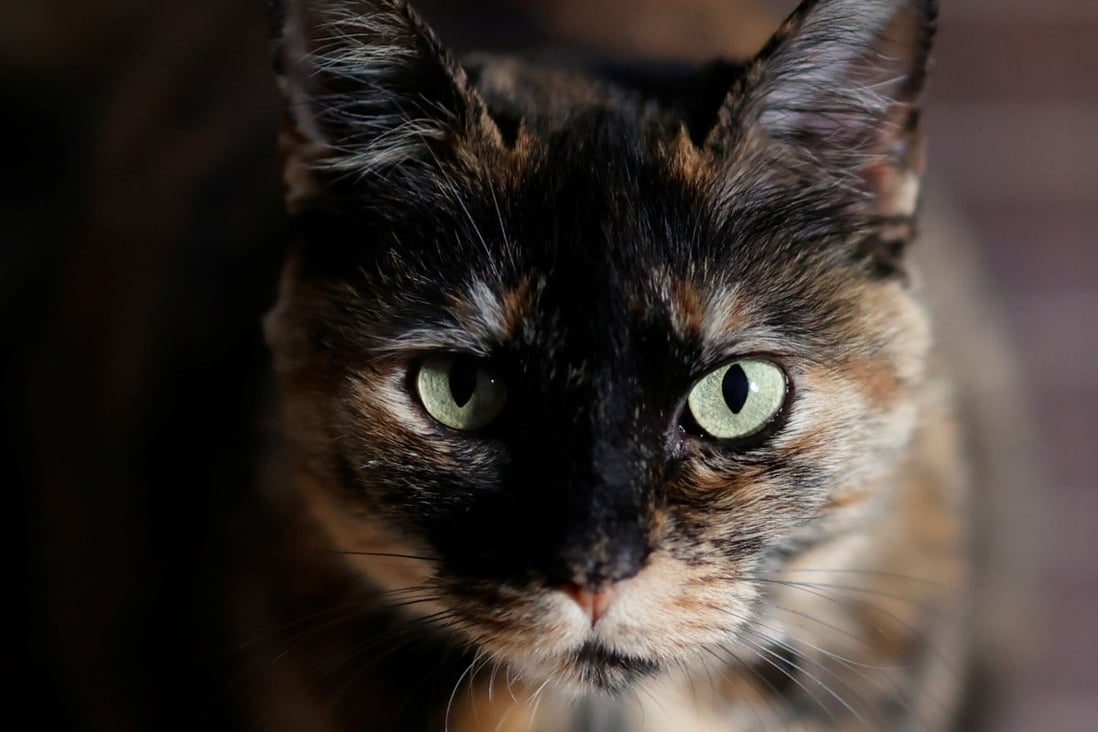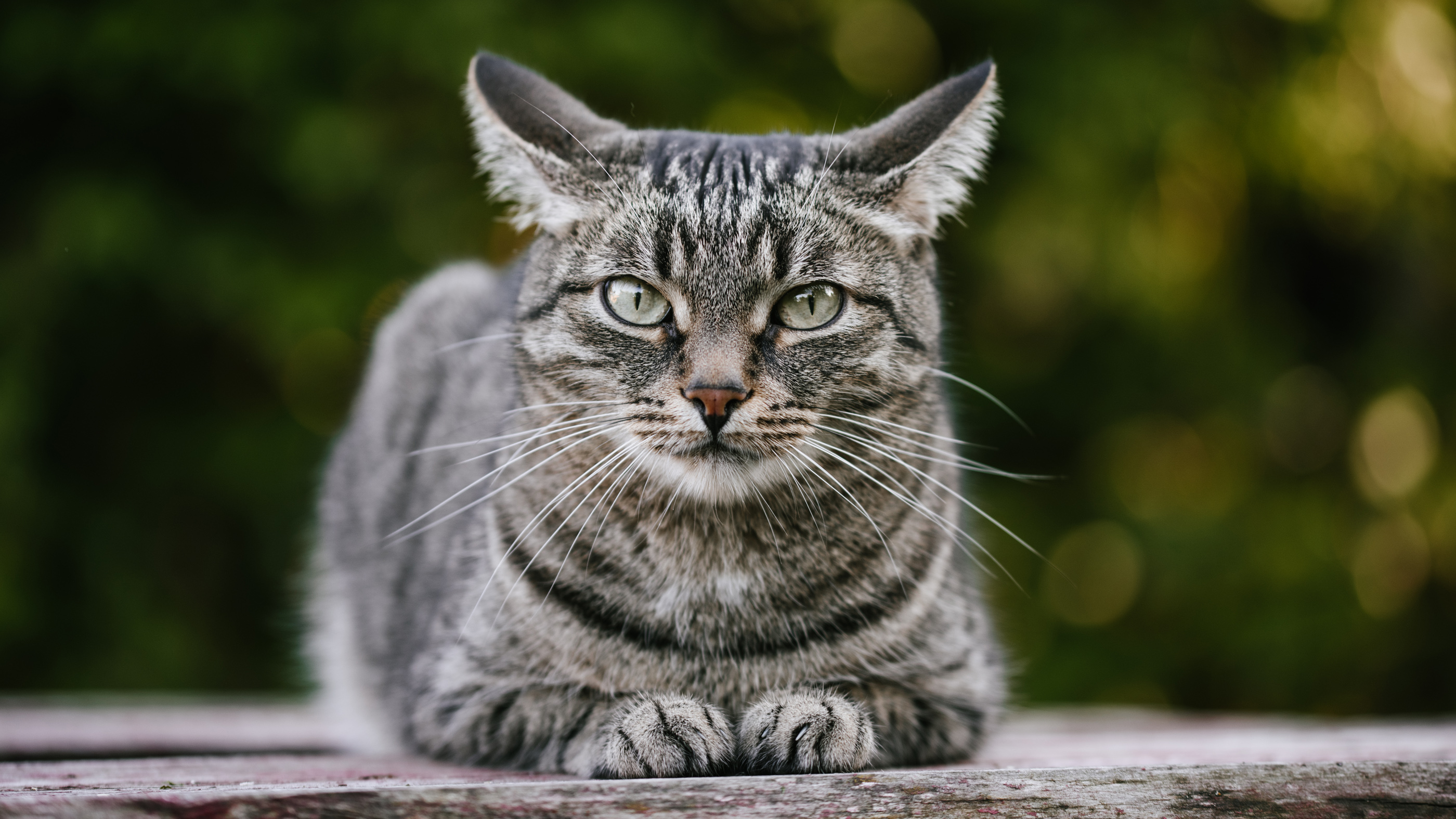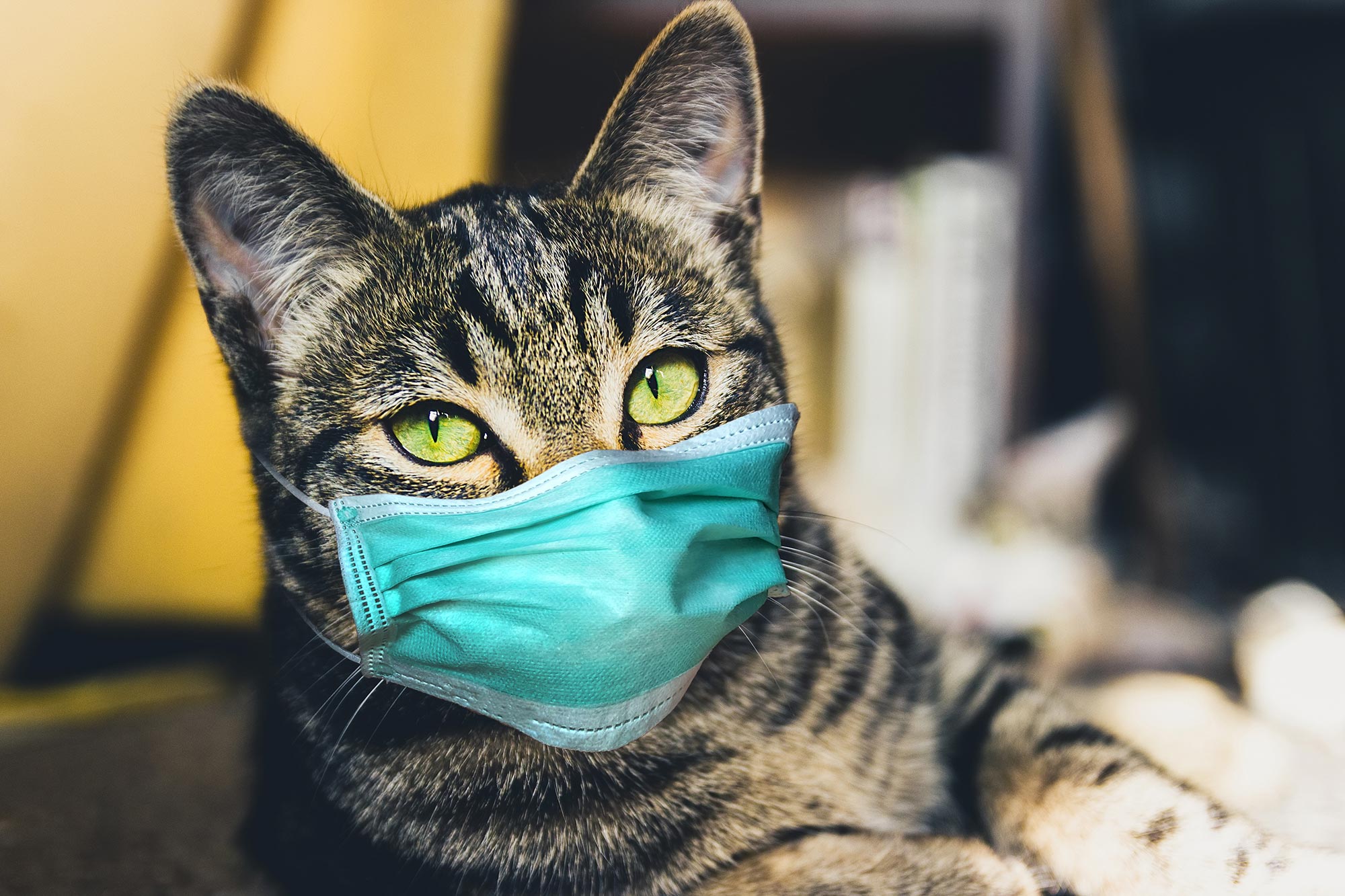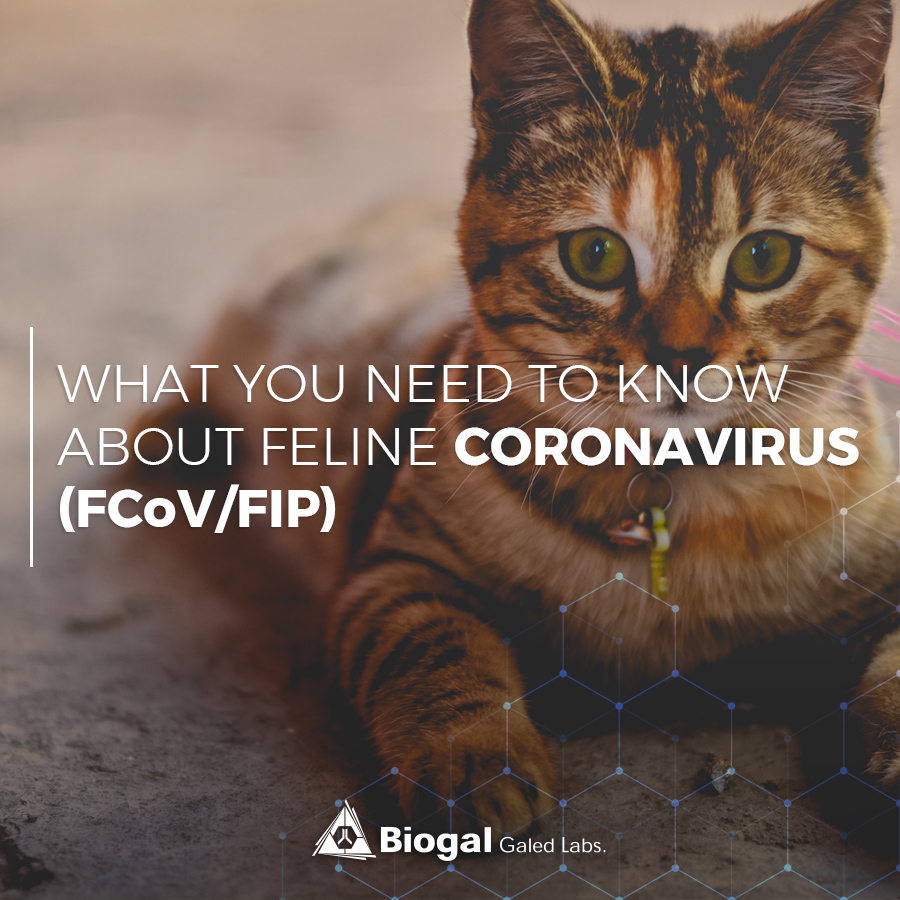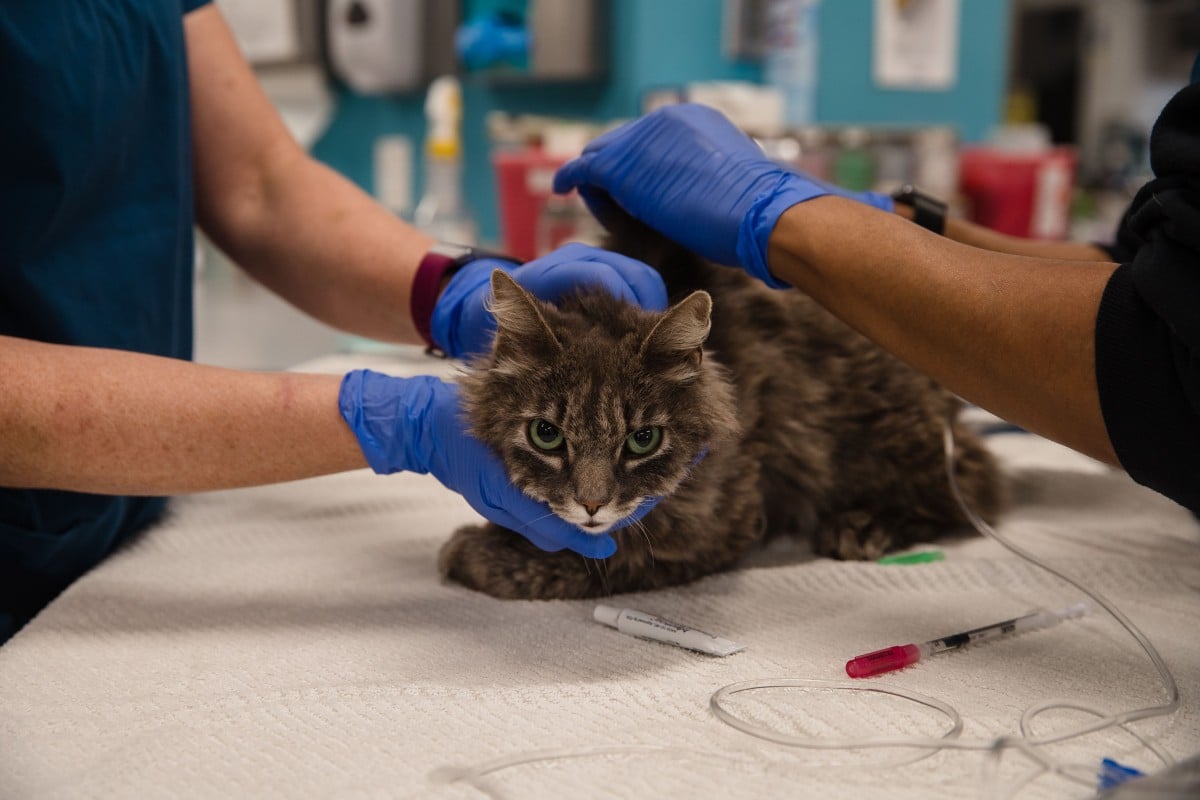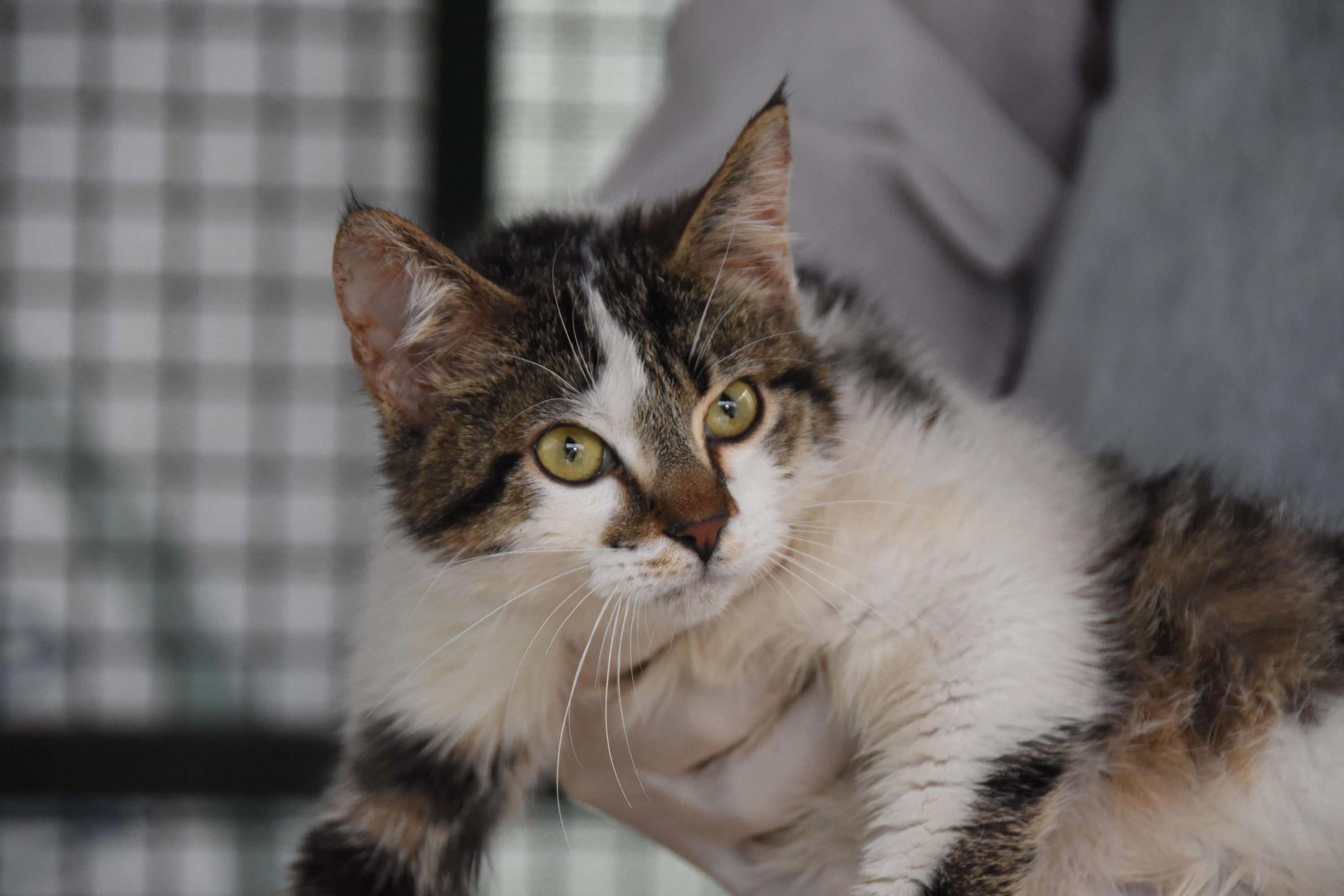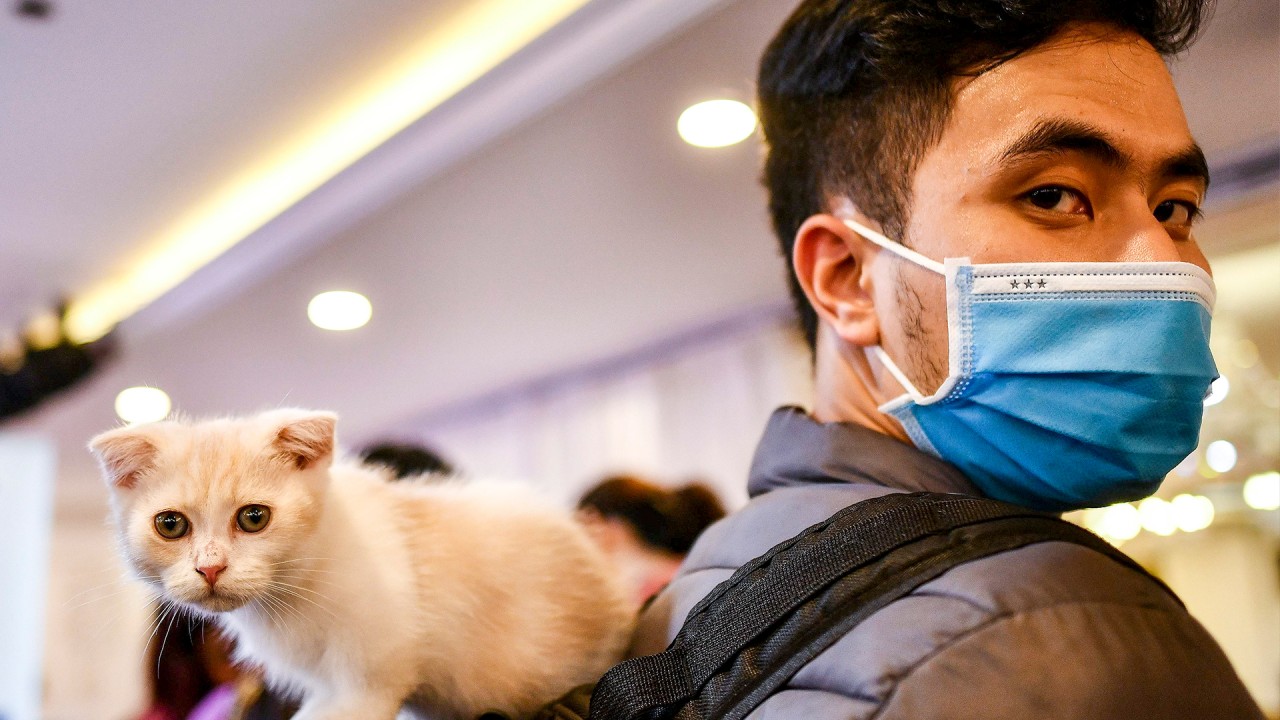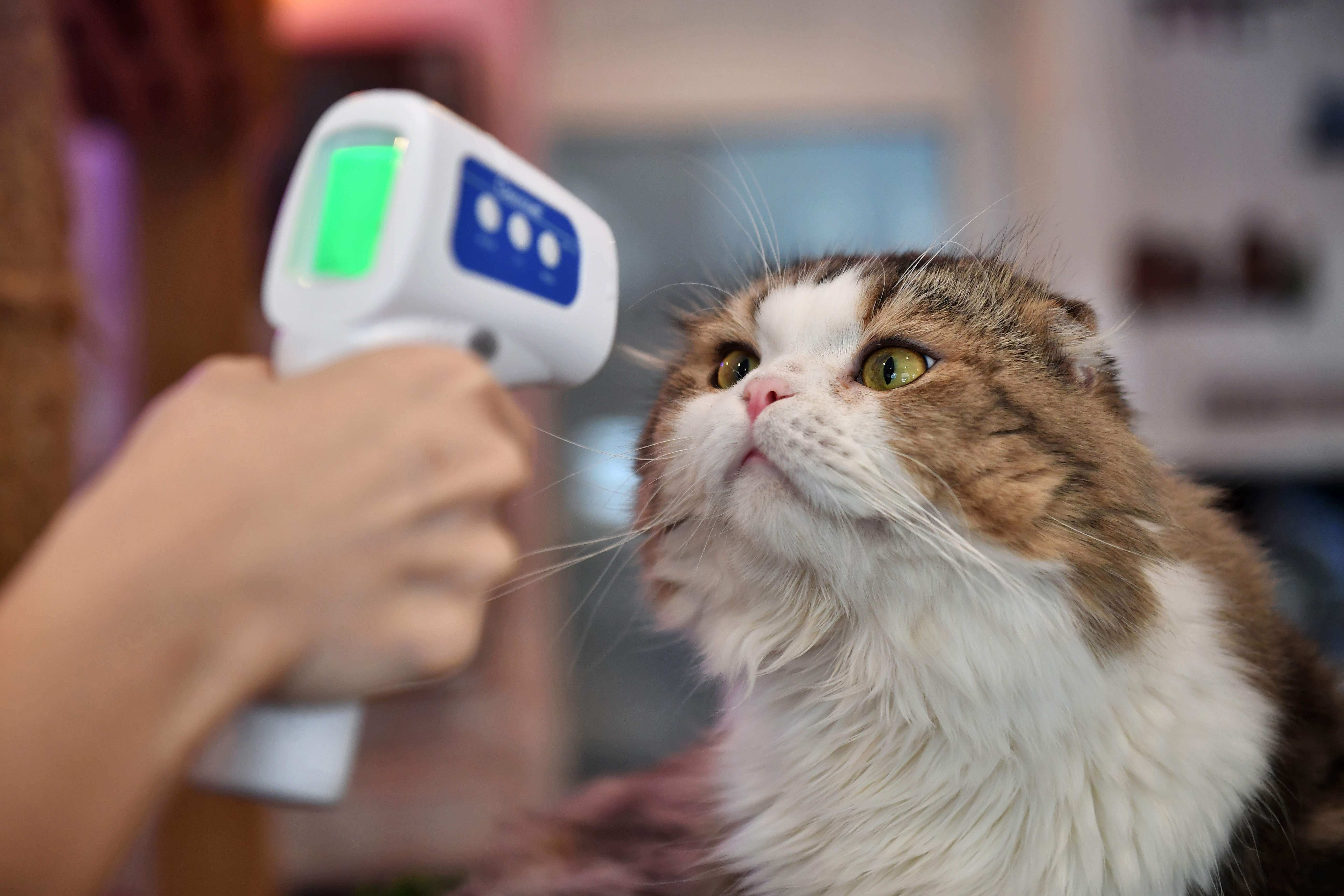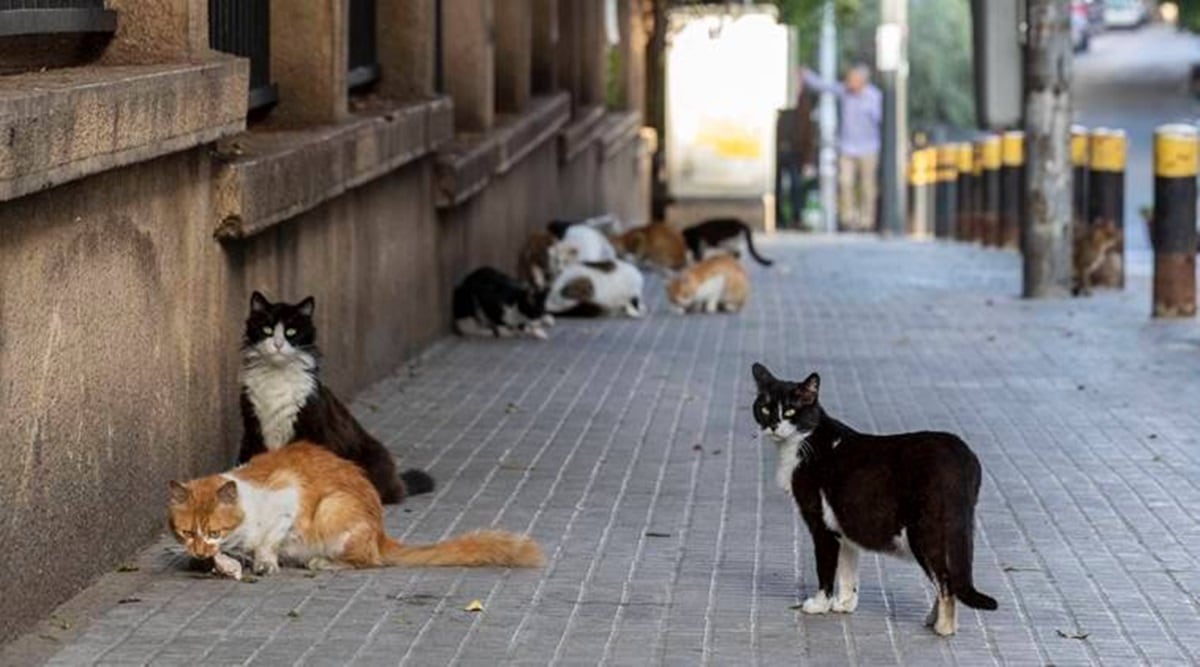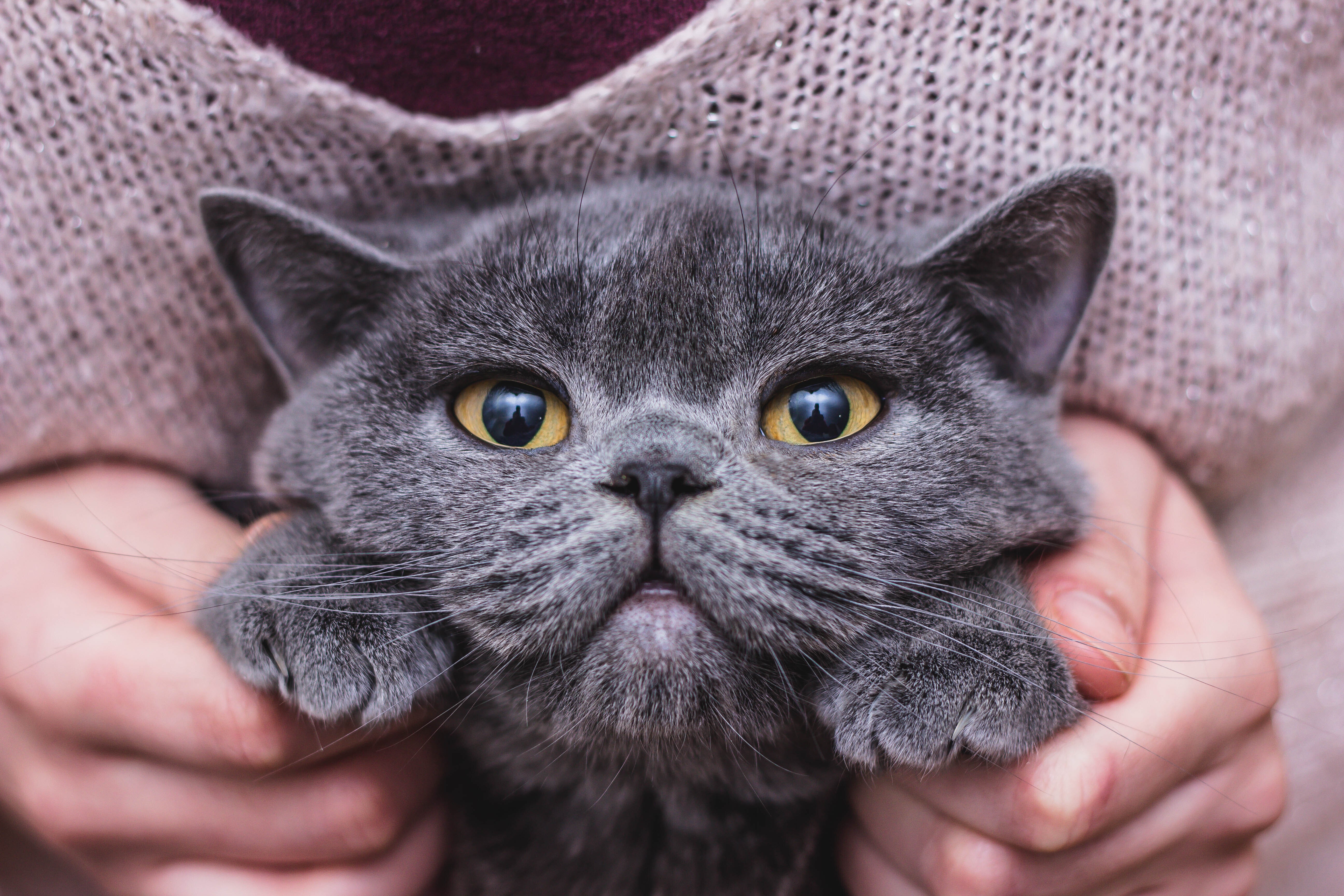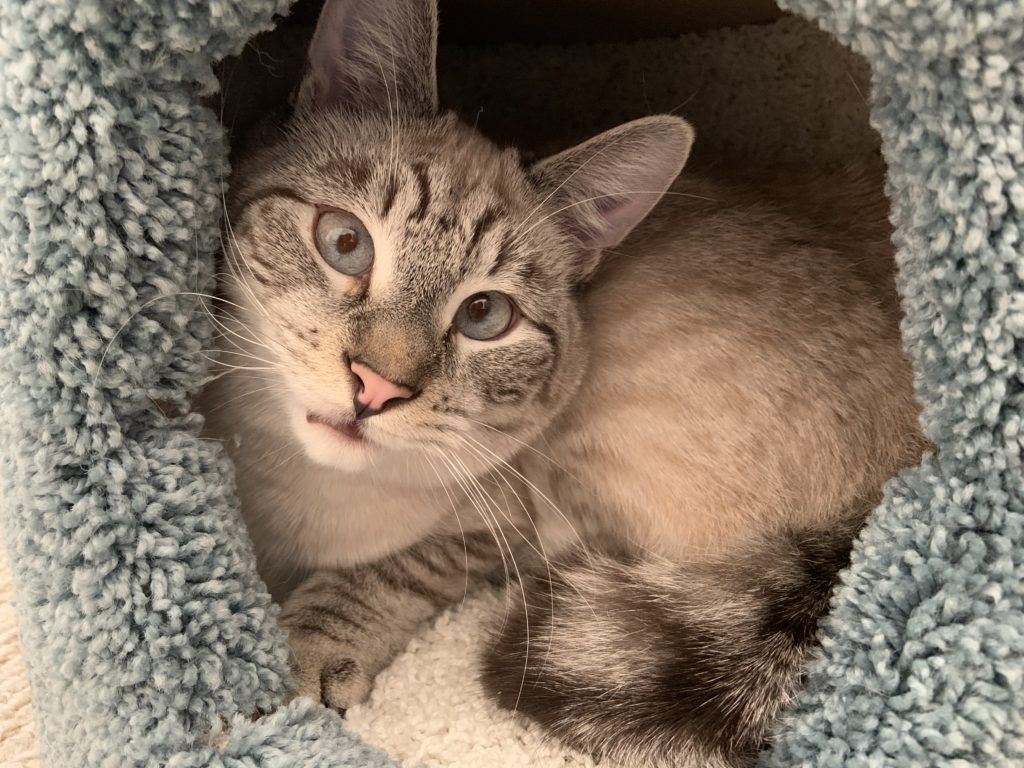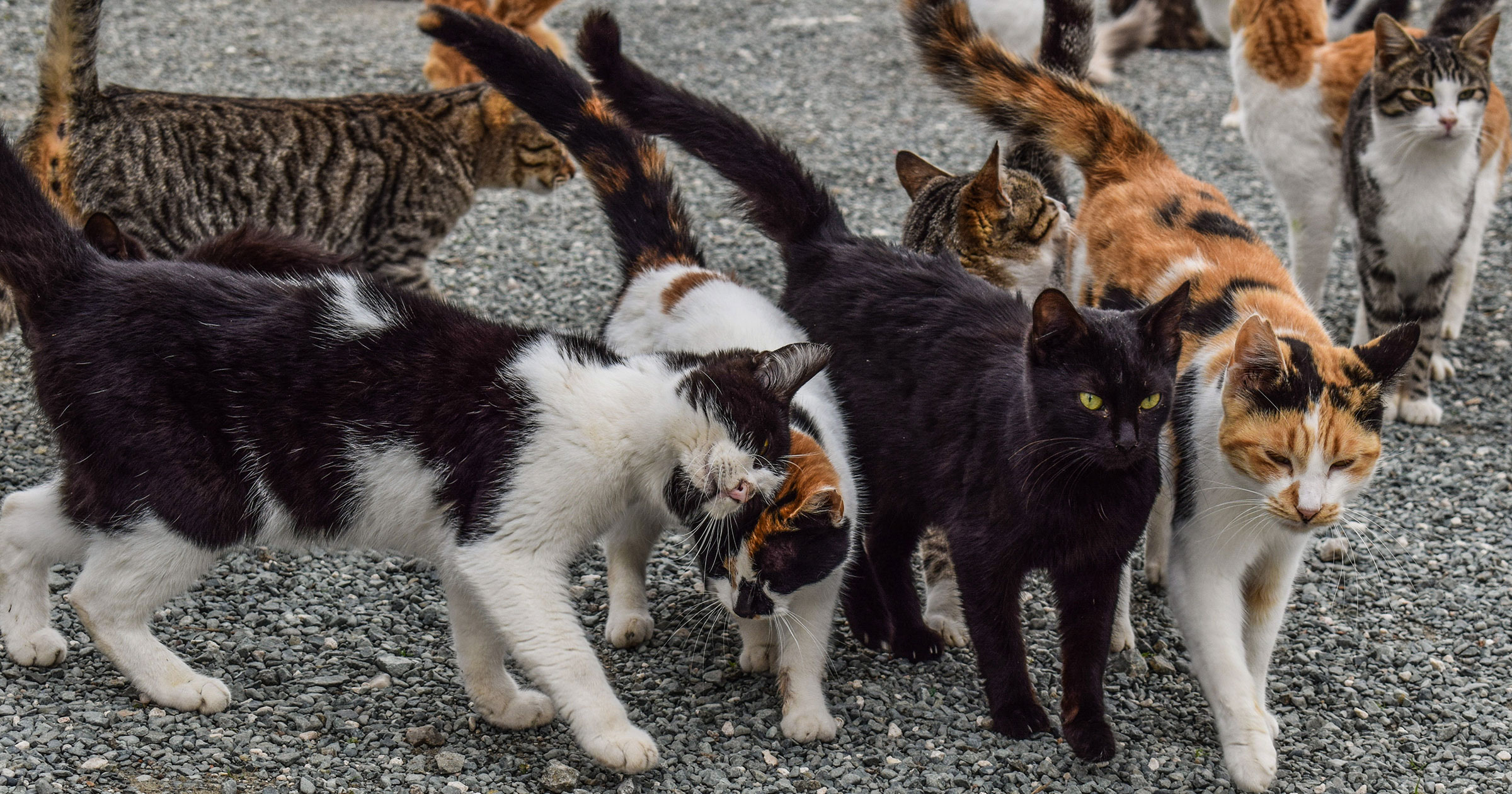Cats And Coronavirus Symptoms
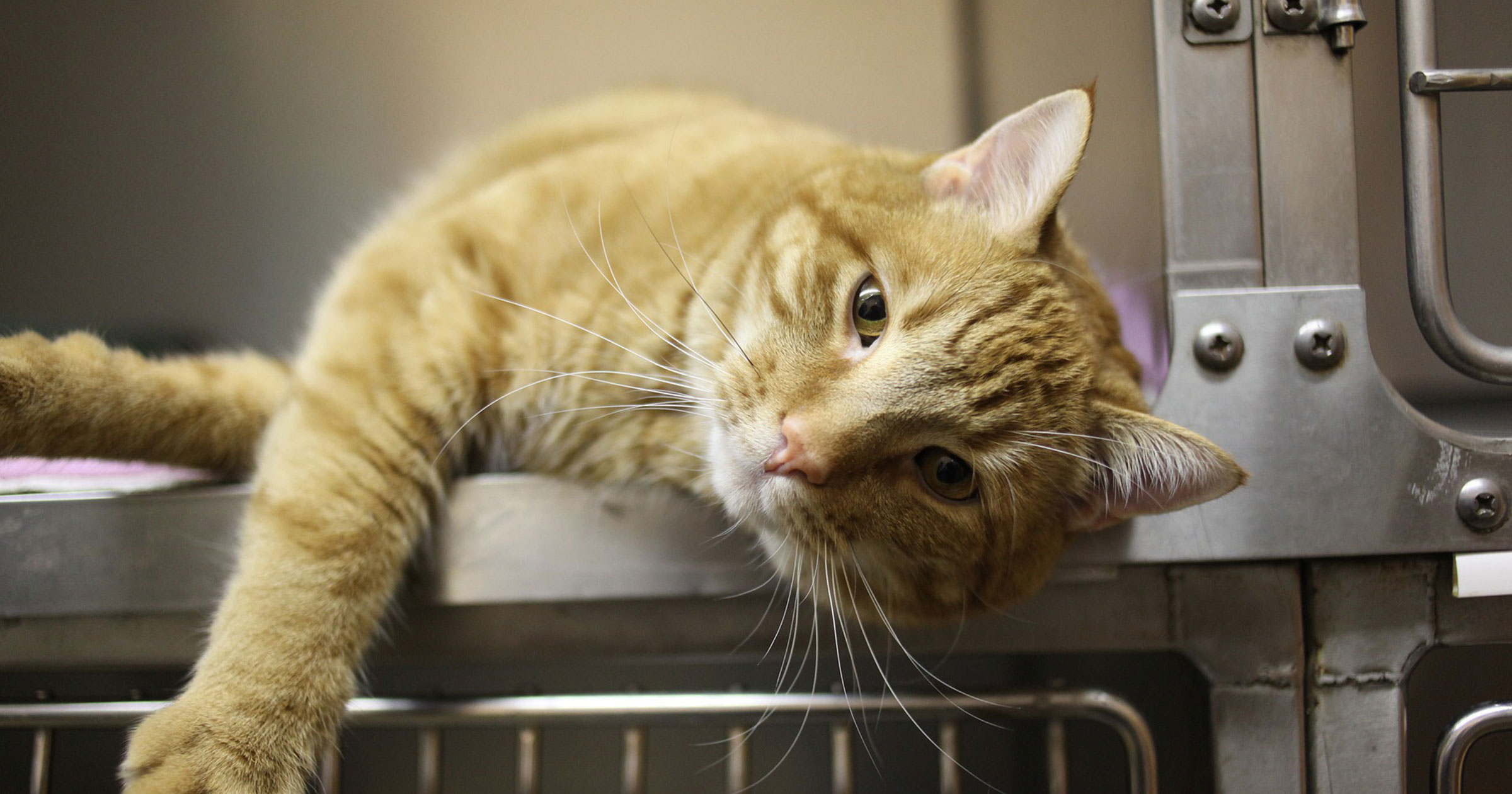
Our pets are different from us so its not surprising their coronavirus tests differ too.
Cats and coronavirus symptoms. The pets that did become ill only experienced mild symptoms and could be cared for at home. If your pet shows any signs of illness such as coughing sneezing or lethargy call or text your veterinarian to arrange treatment. What to do if you think your cat has COVID-19.
What clinical signs do infected cats show. Both had mild respiratory symptoms and are expected to. If your pet is experiencing respiratory symptoms or other nonspecific symptoms such as lethargy or not wanting to eat or drink then contact your veterinarian for further guidance.
There is so far no evidence that pets can pass COVID-19 to humans. Symptoms of coronavirus in cats. As of late July a total of 97 cats in the United States have tested positive for the virus.
Both cats had mild respiratory symptoms and are expected to recover. The most common human symptoms are a high temperature a new continuous cough or a loss or change to your sense of smell or taste. Dogs mostly had loss of appetite and sluggishness while.
Most of these animals became infected after contact with people with COVID-19 including owners caretakers or others who were in close contact. Symptoms but sadly most affected cats have to be euthanased. The severity of disease caused SARS-CoV-2 infection in cats is unclear.
In the naturally occurring case of feline COVID-19 from Belgium the cat developed GI and respiratory problems and recovered within nine days. Feline Coronavirus FCoV and Feline Infectious Peritonitis FIP VETERINARY GUIDE 10. If your pet becomes ill theres reason to be hopeful.

